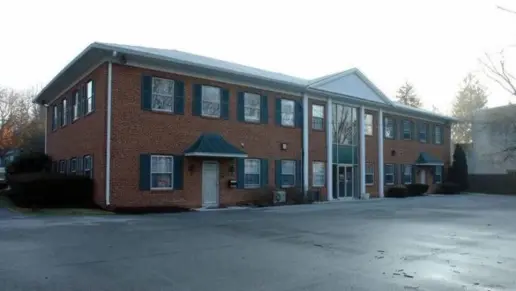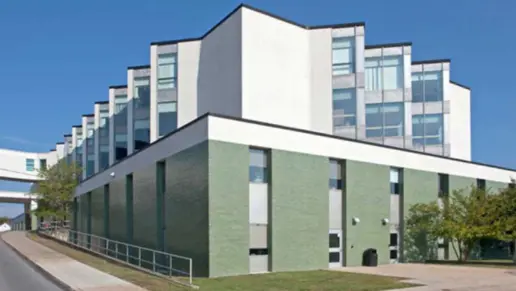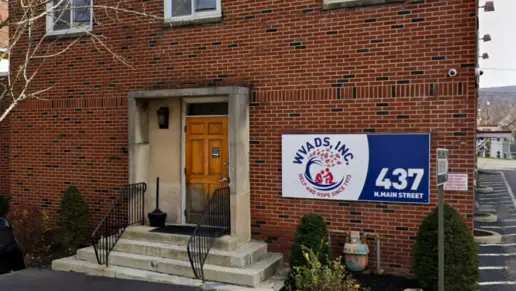About Harrisburg Abraxas Student Academy
HASA is a licensed private alternative school for regular and special education students in the Harrisburg School District. Their multi-faceted approach offers education, counseling, and a variety of other support services to students experiencing difficulties in the traditional school setting. By holistically meeting the needs of these students, the program will help students not only achieve success but also maintain it.
Harrisburg Abraxas Student Academy specializes in Academic Instruction, Therapeutic Support, and Truancy Intervention. They also offer additional services such as Adventure and Enrichment activities – outdoor recreational opportunities and field trips to enhance classroom learning, School Store – Students can “cash in” on tickets earned for positive behavior and academics, After School Detention –for students with significant attendance and/or behavioral issues that require additional treatment, and Year-round school calendar for credit recovery.
HASA works in partnership with the school district to provide students with the necessary education and social skills to make positive changes in their lives through a TEAM effort (Treatment, Education, Attitude, and Motivation). Through this TEAM effort, they address diverse social issues to direct students toward more responsible lifestyles.
Rehab Score
Other Forms of Payment
Self-pay involves paying for treatment out of your own pocket. You can use savings or credit, get a personal loan, or receive help from family and friends to fund your treatment. If you don't have insurance or your insurance plan doesn't cover a specific program, self-pay can help ensure you still get the care you need.
Financial aid can take many forms. Centers may have grants or scholarships available to clients who meet eligibility requirements. Programs that receive SAMHSA grants may have financial aid available for those who need treatment as well. Grants and scholarships can help you pai for treatment without having to repay.
Sliding scale payments are based on a client's income and family size. The goal is to make treatment affordable to everyone. By taking these factors into account, addiction recovery care providers help ensure that your treatment does not become a financial burden to you or your family, eliminating one barrier to care.
Addiction Treatments
Levels of Care
Treatments
Mental health rehabs focus on helping individuals recover from mental illnesses like bipolar disorder, clinical depression, anxiety disorders, schizophrenia, and more. Mental health professionals at these facilities are trained to understand and treat mental health issues, both in individual and group settings.
Clinical Services
Research clearly demonstrates that recovery is far more successful and sustainable when loved ones like family members participate in rehab and substance abuse treatment. Genetic factors may be at play when it comes to drug and alcohol addiction, as well as mental health issues. Family dynamics often play a critical role in addiction triggers, and if properly educated, family members can be a strong source of support when it comes to rehabilitation.
Group therapy is any therapeutic work that happens in a group (not one-on-one). There are a number of different group therapy modalities, including support groups, experiential therapy, psycho-education, and more. Group therapy involves treatment as well as processing interaction between group members.
In individual therapy, a patient meets one-on-one with a trained psychologist or counselor. Therapy is a pivotal part of effective substance abuse treatment, as it often covers root causes of addiction, including challenges faced by the patient in their social, family, and work/school life.
Life skills trainings involve all the skills a person must have in order to function successfully in the world. These include time management, career guidance, money management, and effective communication. Truly successful addiction recovery is based on the ability to not only live substance-free, but to thrive. Life skills teaches the practical necessities of functioning in society, which sets clients up for success in life, and therefore sobriety.
Trauma therapy addresses traumatic incidents from a client's past that are likely affecting their present-day experience. Trauma is often one of the primary triggers and potential causes of addiction, and can stem from child sexual abuse, domestic violence, having a parent with a mental illness, losing one or both parents at a young age, teenage or adult sexual assault, or any number of other factors. The purpose of trauma therapy is to allow a patient to process trauma and move through and past it, with the help of trained and compassionate mental health professionals.
Amenities
-
Residential Setting
-
Private Setting
-
Lakeside
-
Wifi
-
Private Transportation
-
Hiking
Contact Information
2717 N. Front St.
Harrisburg, PA 17110


